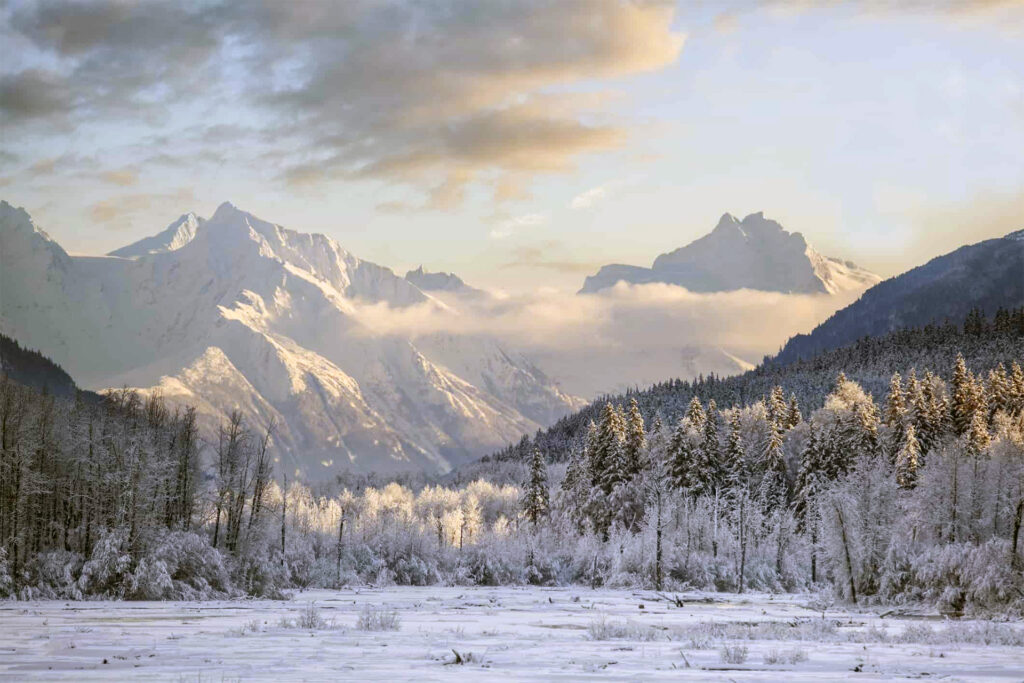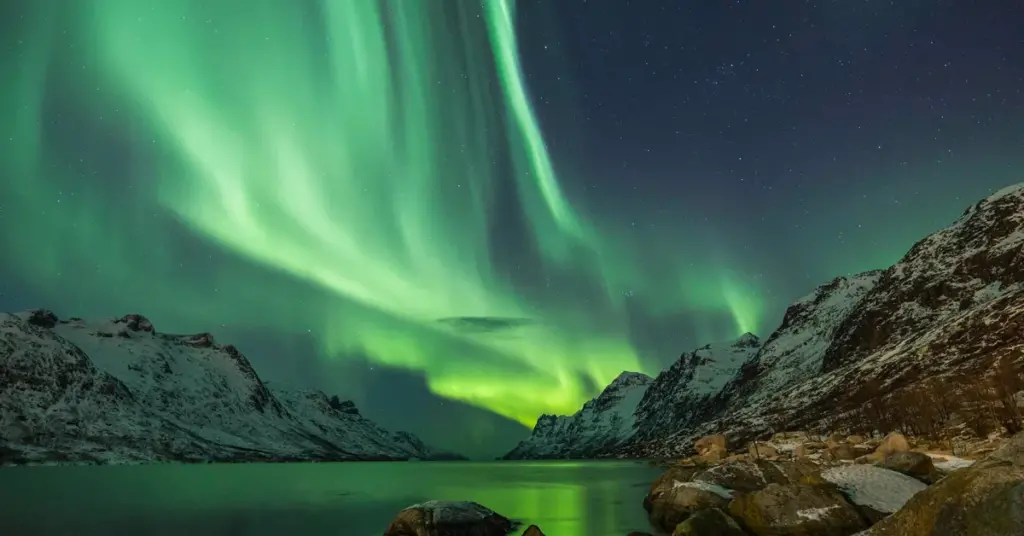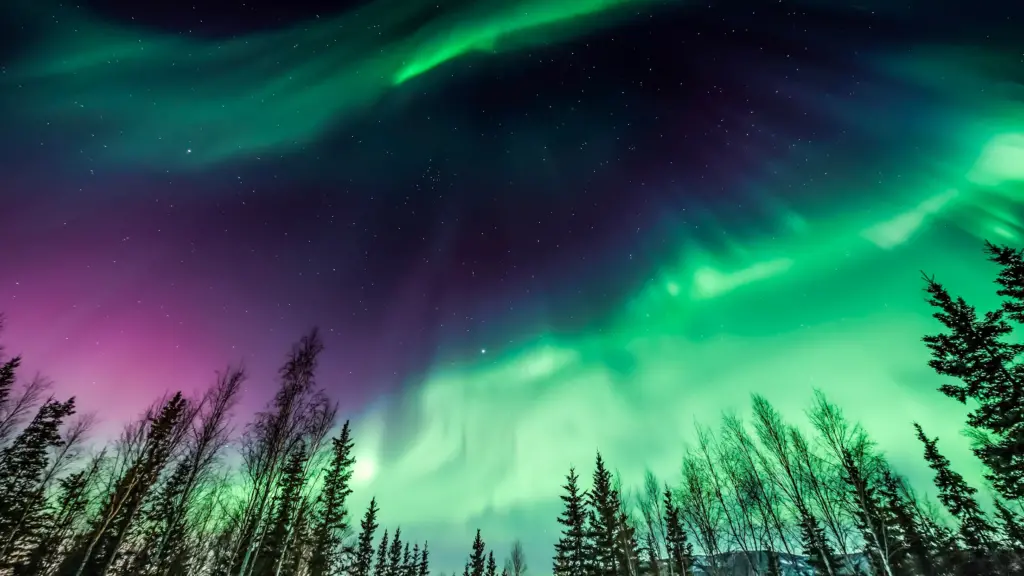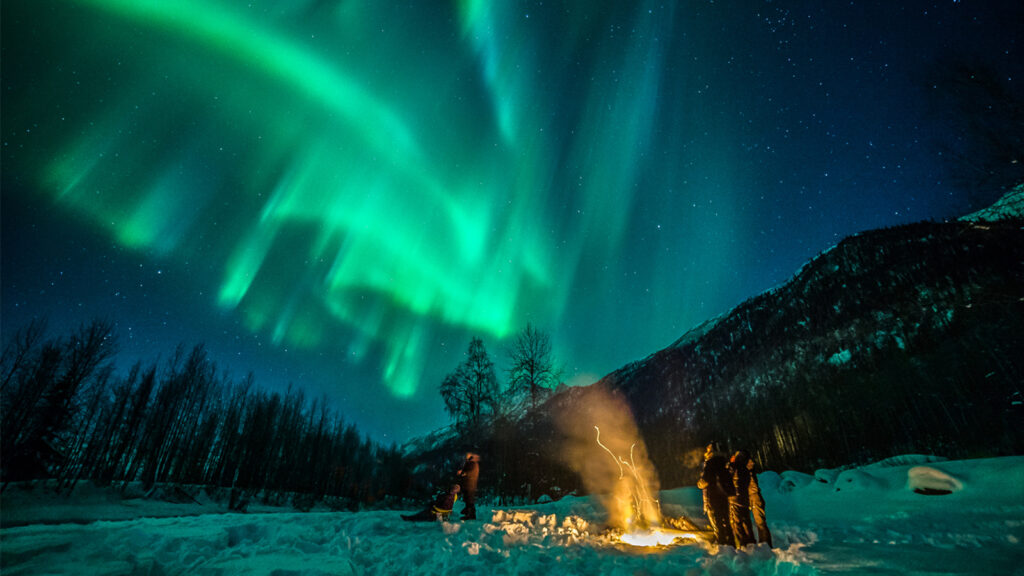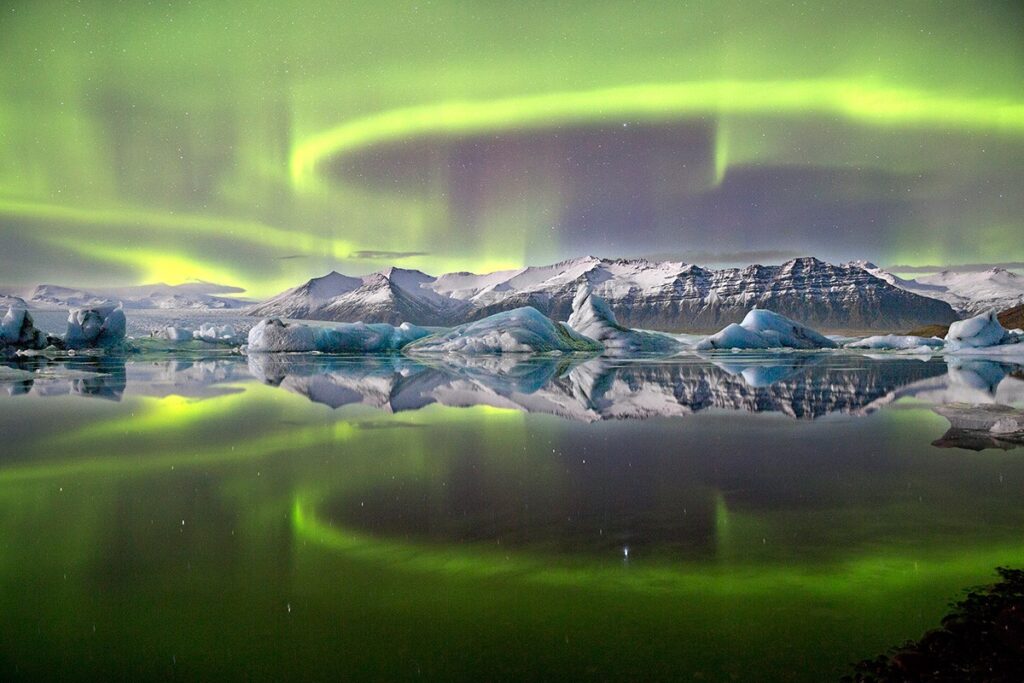Introduction
While Massachusetts may not be synonymous with the Northern Lights, this guide will explore the potential locations and conditions where you can see Aurora Borealis in Massachusetts.
Discovering Massachusetts’ Northern Lights
A Celestial Surprise
Massachusetts, known for its historical charm, also offers the occasional celestial spectacle of the Northern Lights. Understanding where to find the best vantage points becomes crucial for capturing this rare and captivating phenomenon.

| ℹ️ Read More: | Where Can You See Aurora Borealis in New York? |
Top 5 Potential Places Where Can You See Aurora Borealis in Massachusetts
Mount Greylock State Reservation
As the highest point in Massachusetts, Mount Greylock State Reservation provides an elevated vantage point with reduced light pollution, offering potential sightings of the Aurora Borealis.
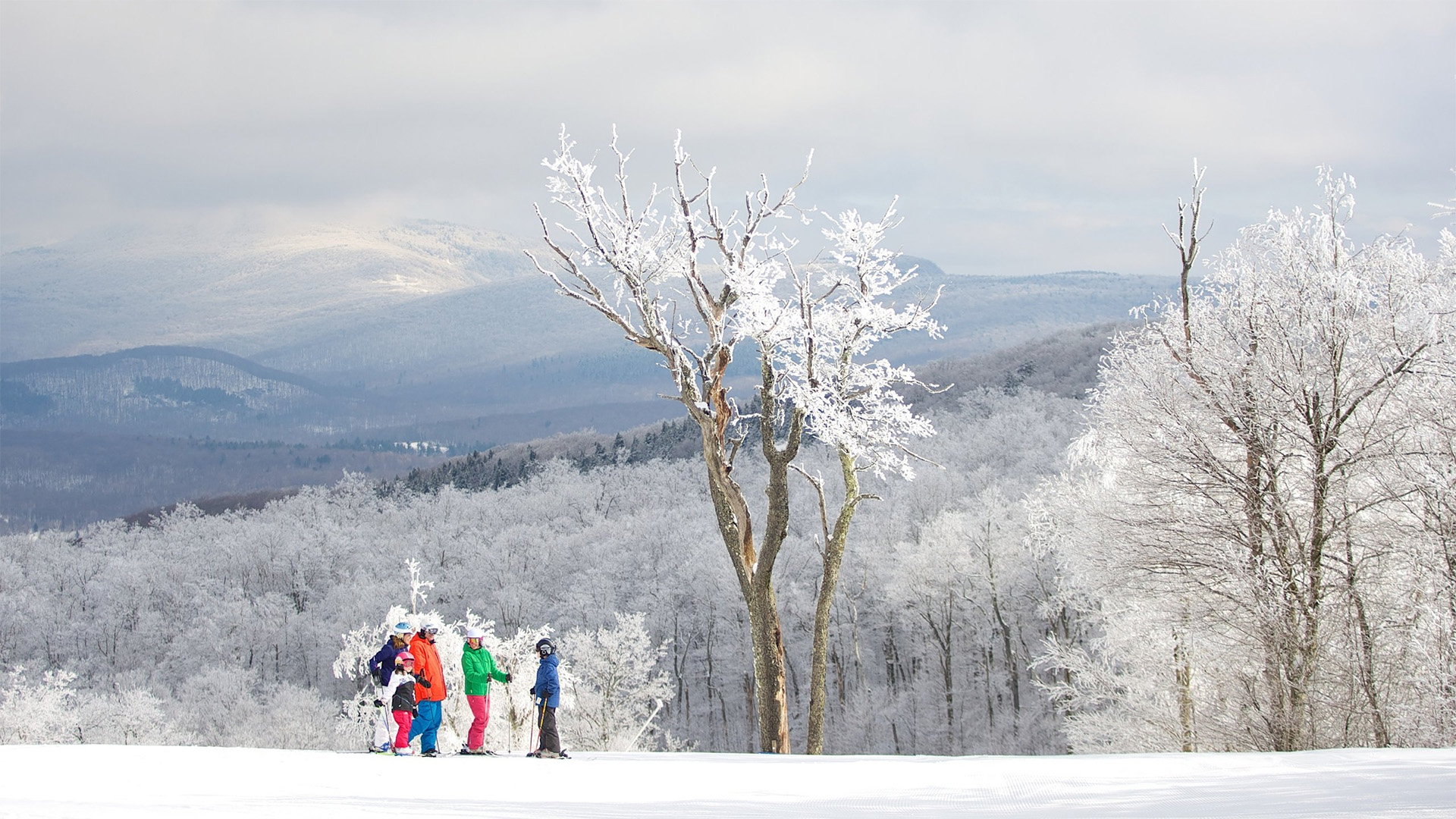
| ℹ️ View More |
| 🏡 Best Places to Stay Near Mount Greylock State Reservation |
Monument Mountain
This iconic peak in the Berkshires, Monument Mountain offers a secluded spot with expansive views, making it an optimal location for observing the Northern Lights during periods of heightened solar activity.
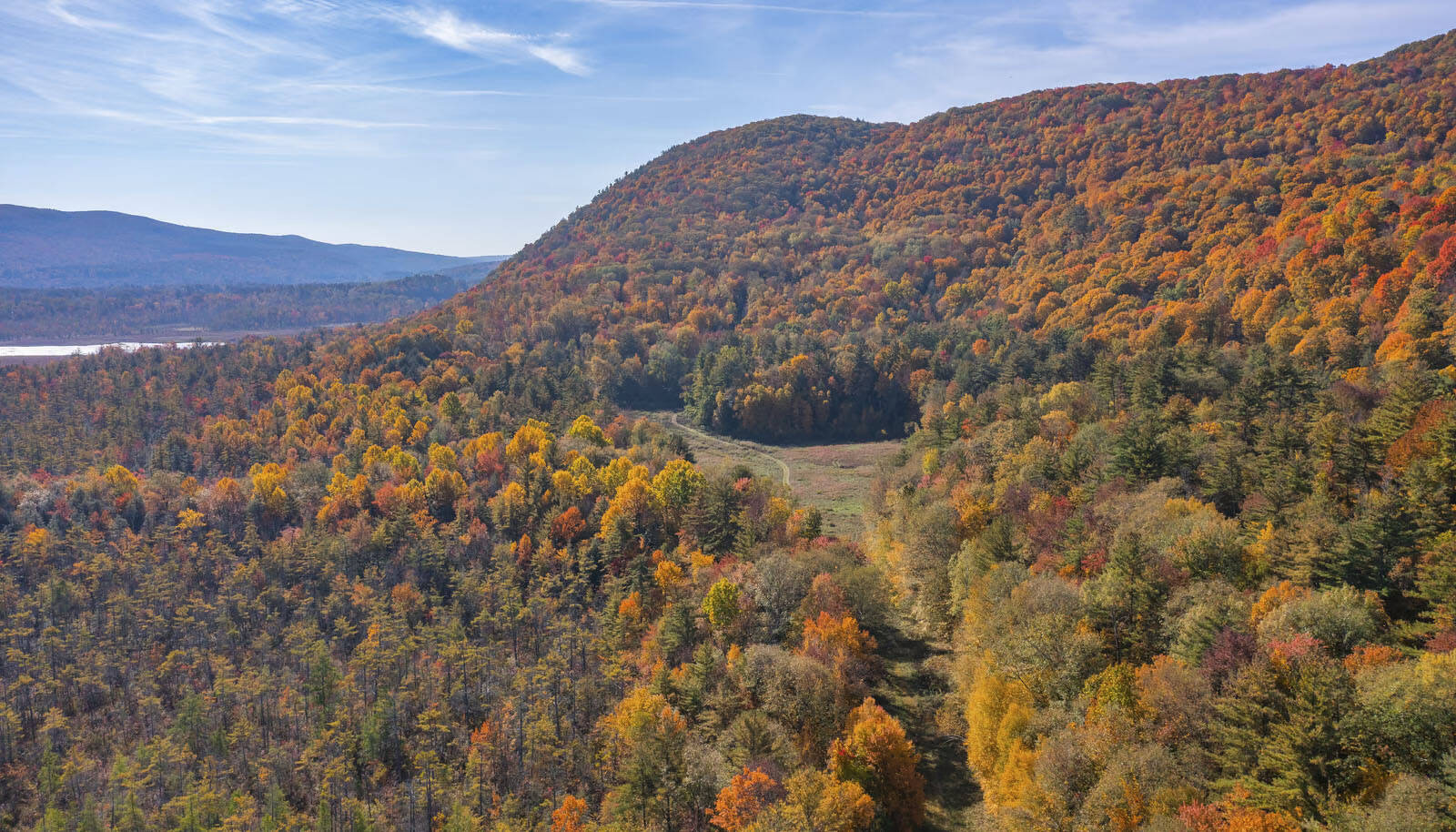
| ℹ️ View More |
| 🏡 Best Places to Stay Near Monument Mountain |
Crane Beach
Located on the North Shore, Crane Beach‘s coastal setting provides a unique backdrop for potential Northern Lights sightings, especially during geomagnetic storms.
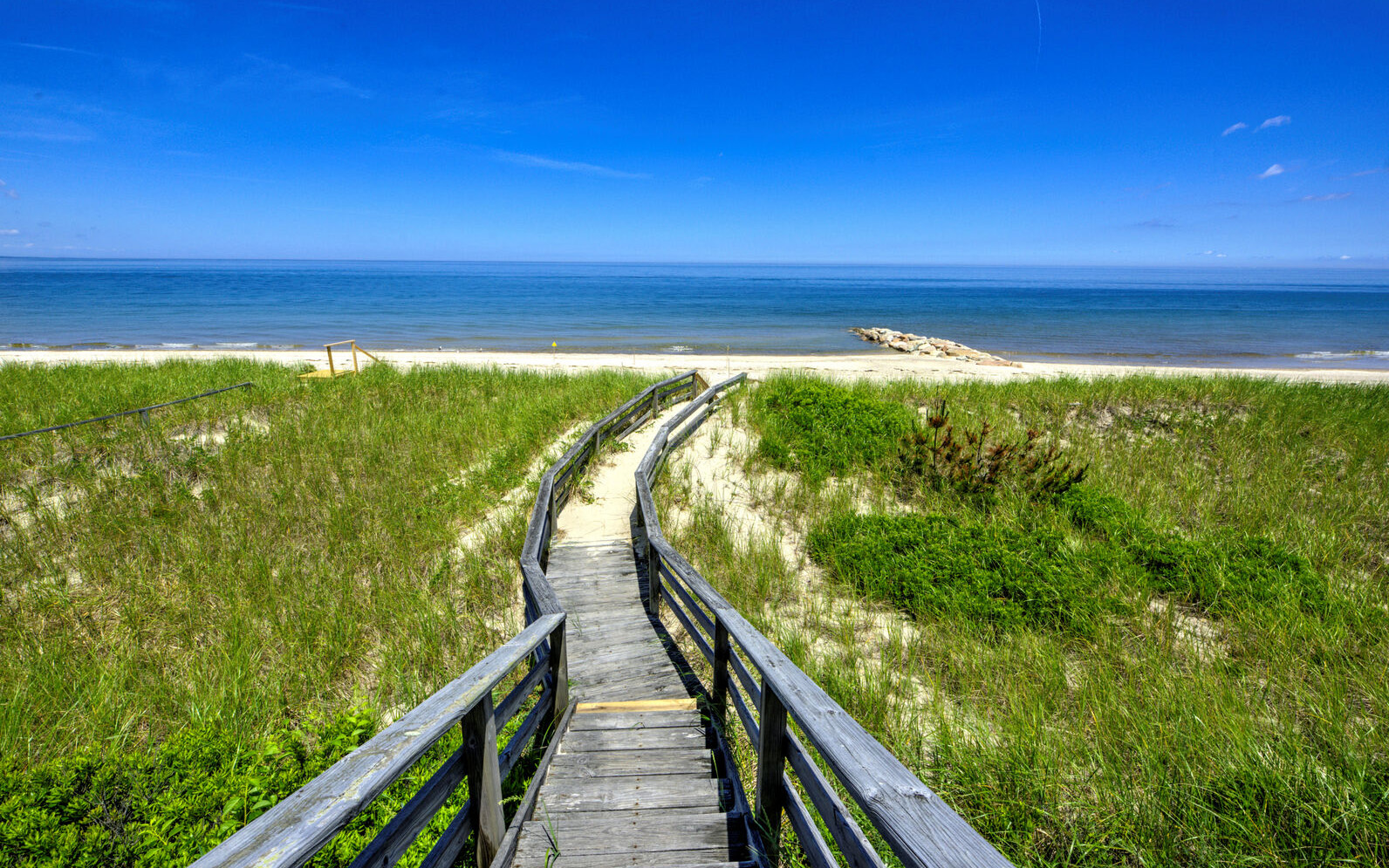
| ℹ️ View More |
| 🏡 Best Places to Stay Near Crane Beach |
Quabbin Reservoir
The vast expanse of Quabbin Reservoir, surrounded by woodlands, offers a tranquil setting away from city lights, enhancing the visibility of the Aurora Borealis.
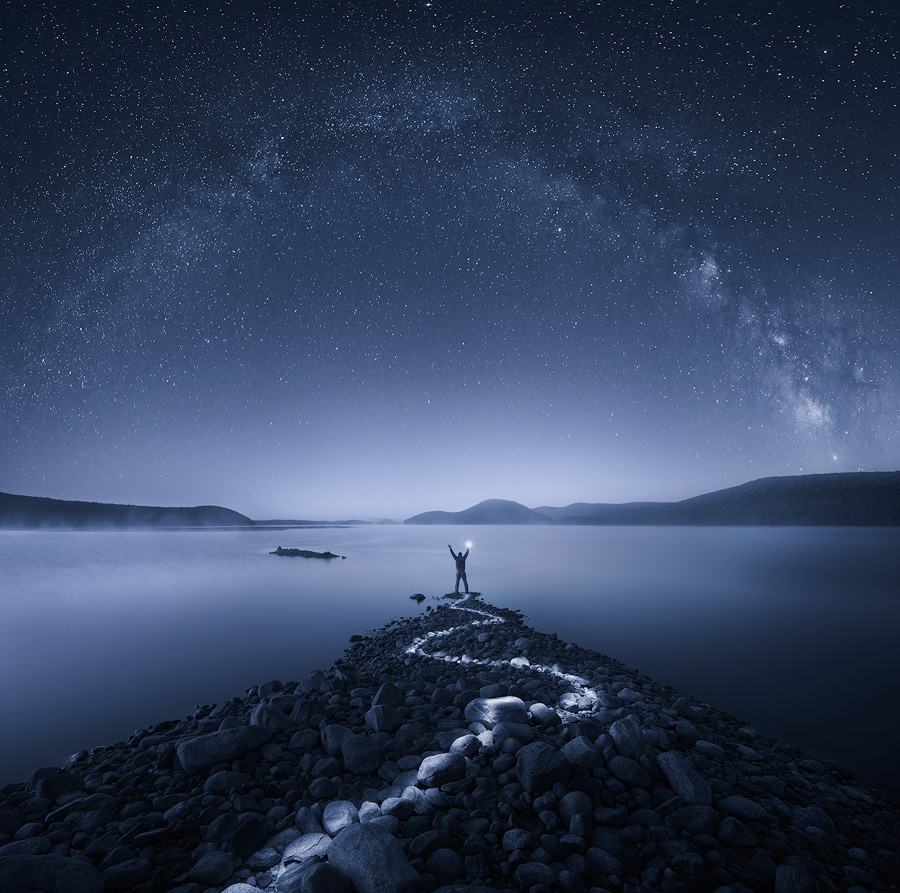
| ℹ️ View More |
| 🏡 Best Places to Stay Near Quabbin Reservoir |
Wachusett Mountain State Reservation
With its elevated terrain, Wachusett Mountain State Reservation provides an excellent location for potential Northern Lights viewing, particularly during solar maximum years.
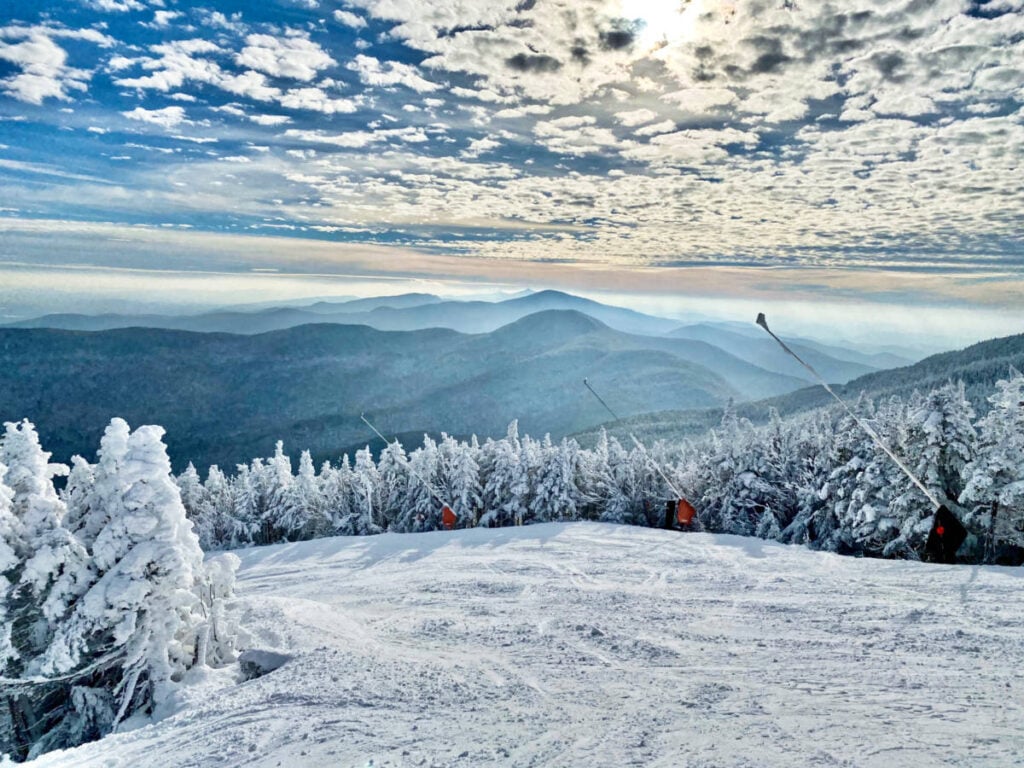
| ℹ️ View More |
| 🏡 Best Places to Stay in Wachusett Mountain State Reservation |
Factors Influencing Northern Lights Visibility in Massachusetts
Solar Activity and Massachusetts’ Night Skies
Monitoring solar activity is crucial for increased chances of witnessing the Northern Lights in Massachusetts. Solar maximum years, occurring approximately every 11 years, mark periods of heightened solar activity, creating optimal conditions for celestial displays.
Geographic Considerations
Massachusetts’ diverse geography, from mountain peaks to coastal areas, offers a range of potential locations for Northern Lights visibility. Choosing spots with minimal light pollution and unobstructed views enhances the overall experience.

Conclusion
While Massachusetts may not be a traditional destination for Northern Lights enthusiasts, exploring elevated and secluded spots like Mount Greylock State Reservation, Monument Mountain, Crane Beach, Quabbin Reservoir, and Wachusett Mountain State Reservation may unveil the rare beauty of the Aurora Borealis against the Massachusetts night sky.
| ℹ️ Read More: | Where Can You See Aurora Borealis in New York? |
Frequently Asked Questions
Q: Can you see the Northern Lights in Massachusetts?
A: While sightings are rare, Massachusetts, especially in elevated and secluded locations, may offer a chance to witness the Northern Lights during geomagnetic storms.
Q: When is the best time to see the Northern Lights in Massachusetts?
A: The prime time for potential Northern Lights sightings in Massachusetts is during the winter months, with increased activity during solar maximum years.
Q: Where are the best places in Massachusetts for Northern Lights viewing?
A: Mount Greylock State Reservation, Monument Mountain, Crane Beach, Quabbin Reservoir, and Wachusett Mountain State Reservation are top spots offering potential Aurora Borealis sightings.
Q: Why is Massachusetts suitable for Northern Lights viewing?
A: Massachusetts’ diverse geography provides a mix of elevated terrains and coastal areas, offering potential locations for witnessing the Northern Lights.
Q: How does solar activity impact the visibility of the Northern Lights in Massachusetts?
A: Increased solar activity, especially during solar maximum years, enhances the chances of witnessing vibrant Aurora Borealis displays in Massachusetts.

